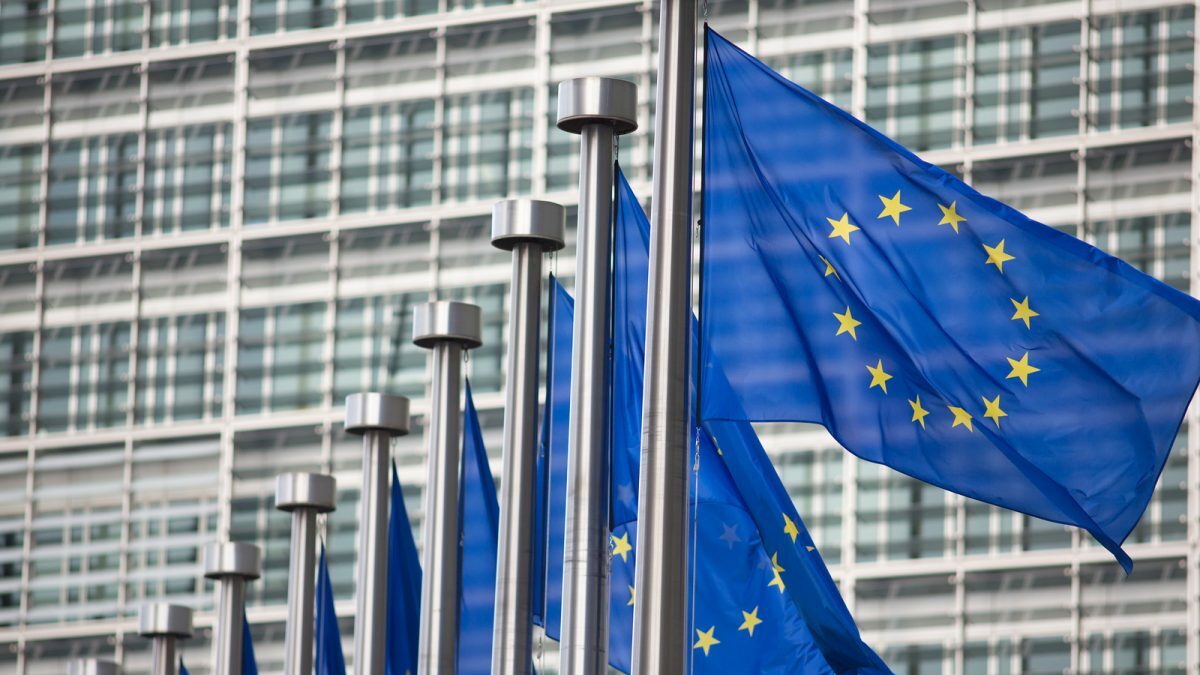The European Union has passed two bills that are aimed at regulating the anti-competitive growth of Big Tech firms such as Apple, Meta, and Google. These companies will have to make significant changes to their platforms and services if they want to continue selling them in EU member states.

New EU digital regulations aim to hold companies like Apple accountable for their platforms and services
The Digital Markets Act was passed with 588 votes in favor, 11 votes against, and 31 abstentions, and the Digital Services Act was passed with 539 votes in favor, 54 against, and 30 abstentions (via ETNews). Both acts will now have to approve by the EU’s 27 member states, which is reportedly just a formality.
Both bills were internally introduced almost a year and a half ago but faced some delays caused by internal EU political disputes.
The Digital Markets Act will force dominant companies in the market like Apple and Google from using anti-steering practices to give their own products and services preferential treatment. Under this act, companies will have to offer better interoperability with smaller, rival services, ensuring files can be sent between systems. Developers will also be allowed to contact their customers about details without having to go through platform holders.

The Digital Services Act will be concerned with how Big Tech could be held liable for unlawful or harmful content held on their services like the sale of illegal, unsafe goods or content. In addition to this, companies will be prevented from using personal data for ad-targeting, selling ads to children, or preventing users from joining or leaving a service.
There will be a series of fines companies will be subject to in the case of noncompliance. The EU can levy fines of 10% of a company’s total worldwide turnover from the previous year. This figure can rise up to 20% if regulators find repeated non-compliance.

The Digital Services Act will come into effect on January 1, 2024, barring any procedural delays, and the Digital Markets Act is expected to arrive sometime after that giving Big Tech ample time to adjust its platforms and services in accordance with the bills.
Read more: